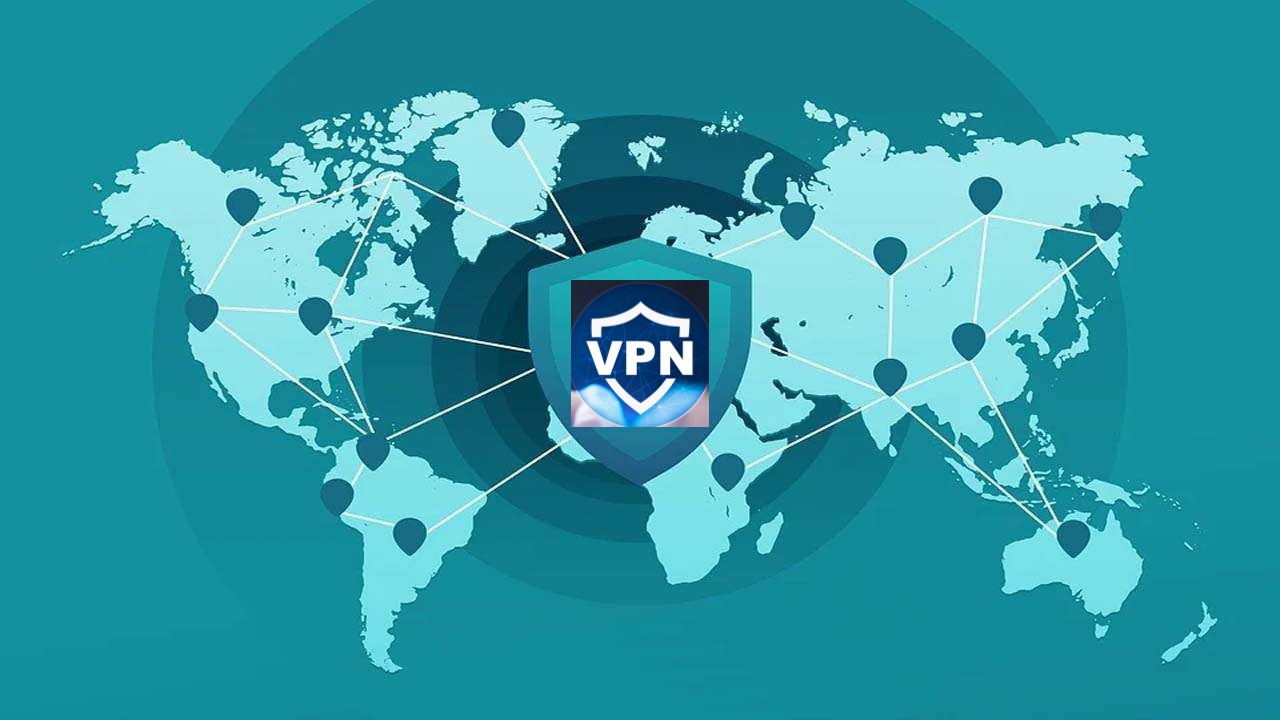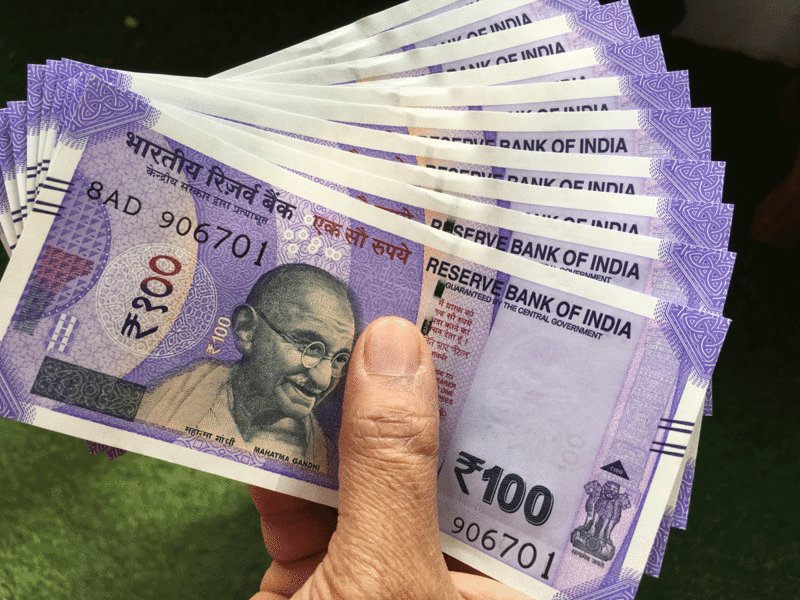New Delhi, NFAPost: As part of strengthening India’s cyber security, the Parliamentary Committee suggested to the government to ban VPN services as it will pose technological challenges along with Dark Web.
The committee which submitted the report to the Rajya Sabha on August 10 observed that VPN services will bypass cyber security walls and allows criminals to remain anonymous online.
While the Parliamentary Committee has sought to ban VPNs to control cybercrime, Internet policy experts and security researchers called it a “strange and ill-judged” idea as this would have a serious impact on the data security of MNCs and financial firms operating remotely.
As of date, VPN can easily be downloaded, as many websites are providing such facilities and advertising them. The Committee, therefore, recommends that the Ministry of Home Affairs should coordinate with the Ministry of Electronics and Information Technology to identify and permanently block such VPNs with the help of internet service providers.
“The Committee notes with anxiety the technological challenge posed by VPN services and Dark Web that can bypass cyber security walls and allow criminals to remain anonymous online. As of date, VPN can easily be downloaded as many websites are providing such facilities and advertising them.”
“The Committee also recommends that a coordination mechanism be developed with international agencies to ensure that these VPNs are blocked permanently.”
It has also asked the Ministry to take initiatives to strengthen the tracking and surveillance mechanisms by improving and developing advanced technologies to scrutinize the use of VPN and the dark web in India.
VPN (also known as Virtual Private Network) creates a secure connection between users and the internet service provider where users’ traffic gets routed through an encrypted channel. It hides their IP address and does not allow any app to see its real location.
The committee has reportedly stated that Virtual Private Network (VPN) services are a threat to counter cyber threats and other nefarious activities. As per the committee, VPN apps and tools are easily available online and these allow criminals to remain anonymous online. VPN can easily be downloaded, as many websites are providing such facilities and advertising them.
VPN services and Dark Web can bypass cyber security walls and allow criminals to remain anonymous online. A large number of free or cheap VPNs may be doing the exact opposite of what is expected from them, collecting and exposing data rather than hiding it. Even when users are using a highly reputable and well-developed VPN, users are still not entirely safe from intrusions into virtual privacy.
According to Arvian Research, ff the ban gets implemented, every company, from IT firms running operations remotely to banks doing transactions online, will be left high and dry.
“It is a fact that during Covid pandemic period most organisations, domestic or global, worked from home. All have been using VPNs to secure their network for conducting businesses remotely. The recommendation of Parliamentary Committee to ban VPN will set a bad precedent and destroy the internet as a medium to conduct business safely,” said Arvian Research.
The business community also alleges that the recommendation contradicts the government’s relaxation on connectivity norms for VPN use for other sectors like BPOs. Big companies use in-house VPNs to stores data and it will be safe with them. There wouldn’t be any data leak when it is in transit between two companies
They also opines that the government should focus on banning third party ‘No-Log’ VPN apps and software from app stores and other websites. They warn that no-Log VPN makes it impossible to track the identity and IP addresses of the hacker if a cybercrime happens as no backend database is being saved.





